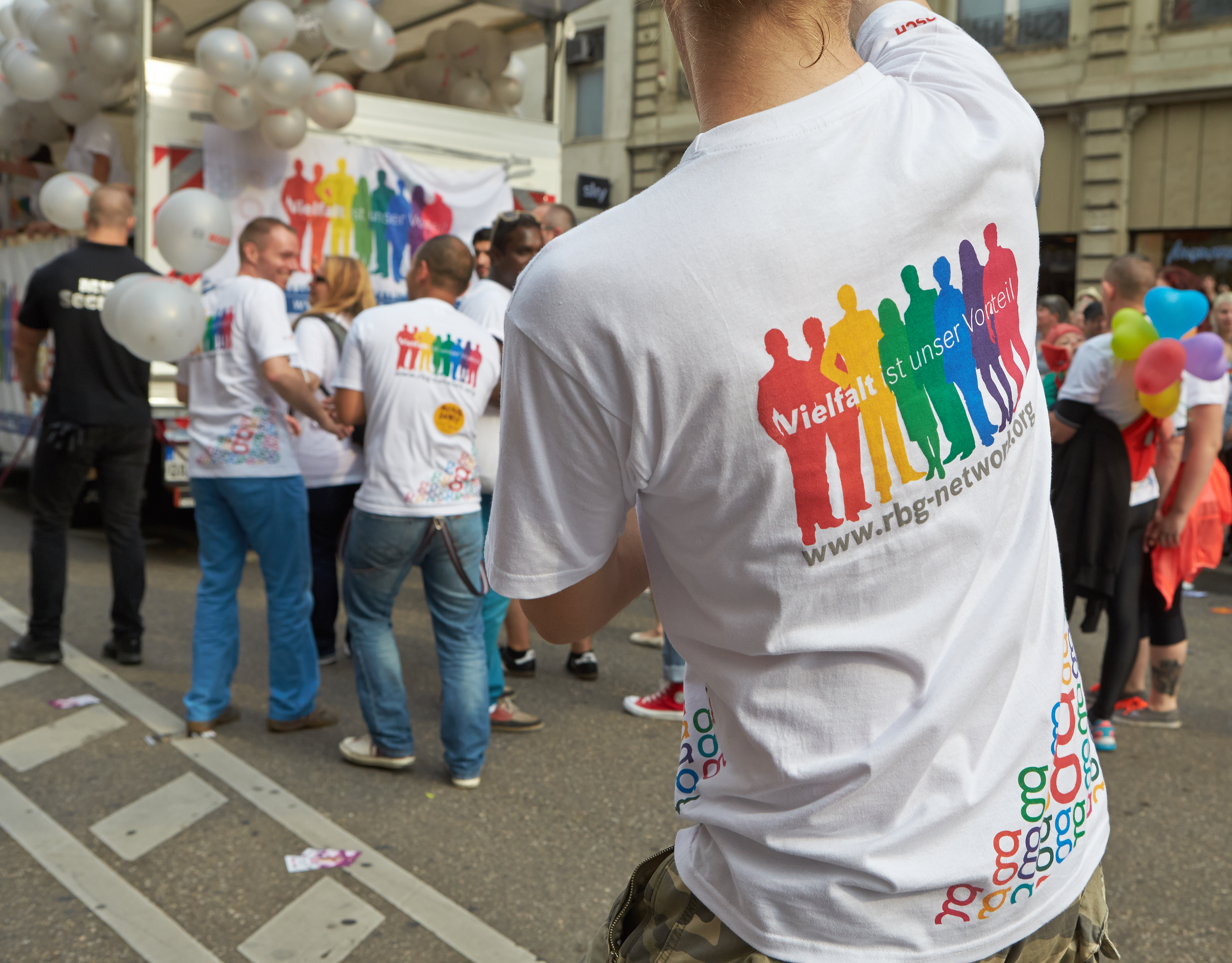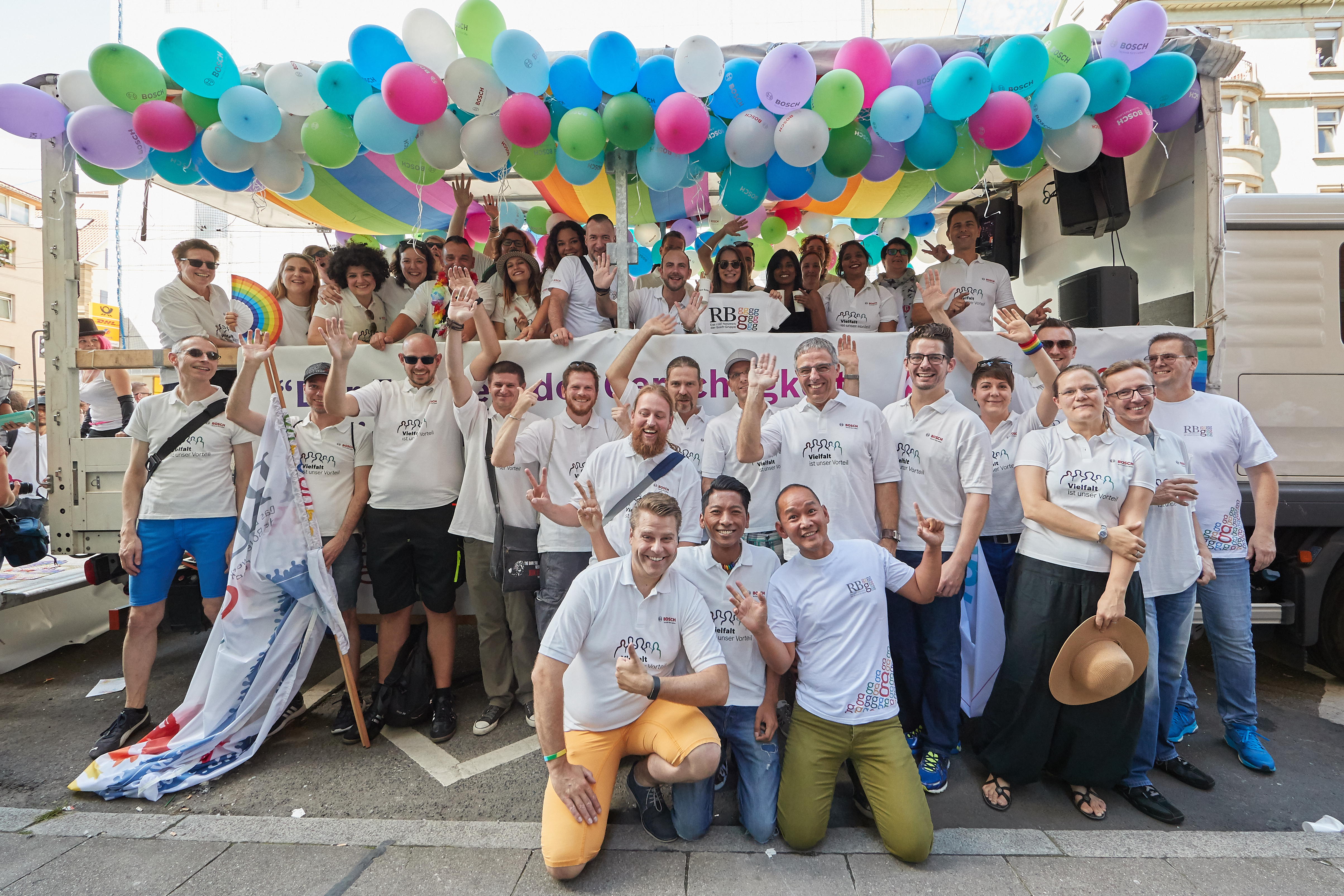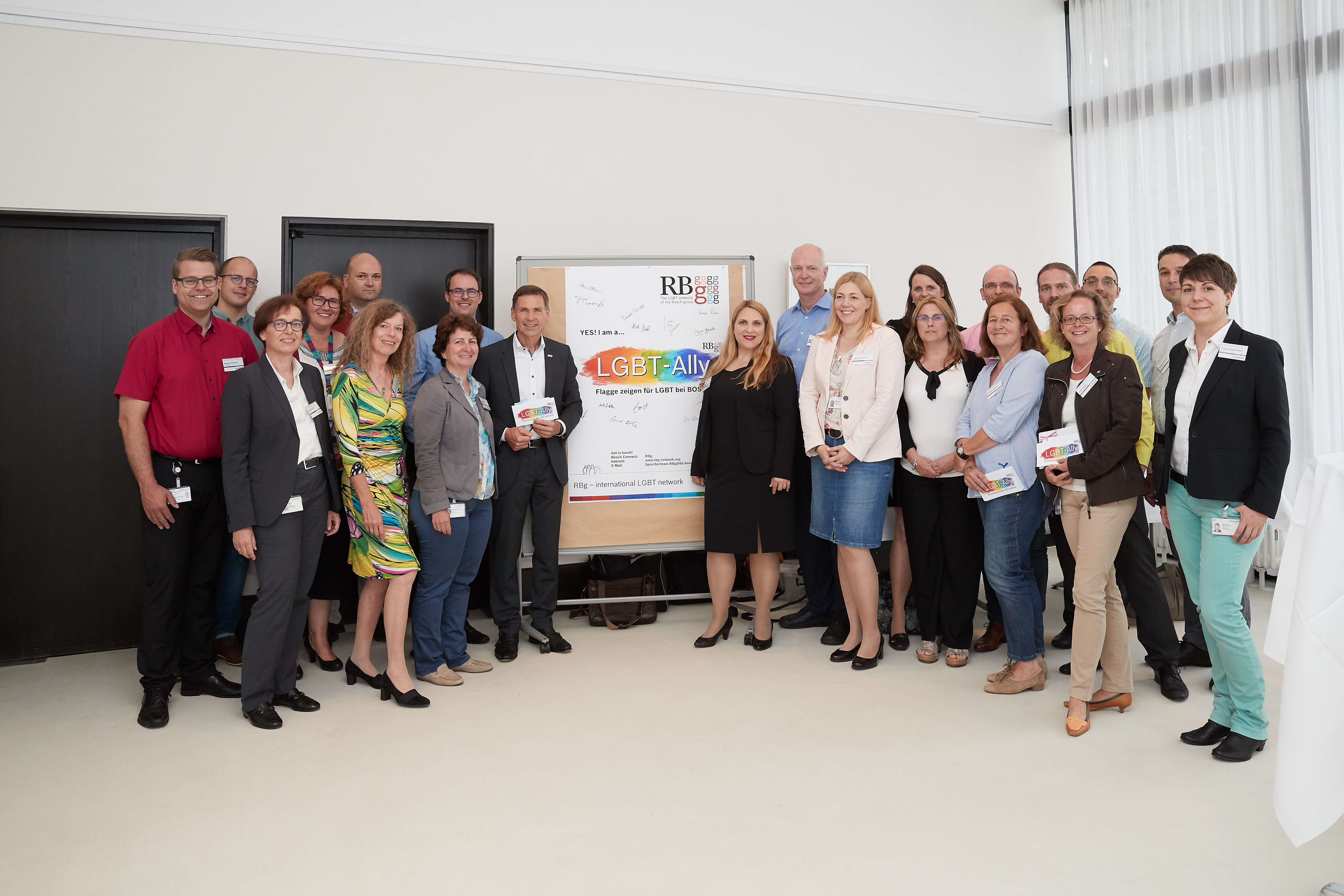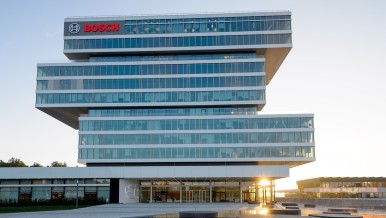“How was your weekend?” A simple question? Not for everyone. Lesbian, gay, bisexual, transgender, and intersexual (LGBTI) people often feel they have to hide their sexual identity. In Germany, they are subject to discrimination, not only in public, but also in the workplace. In one study, around one in four lesbian or gay respondents stated that they had experienced social exclusion in the workplace. Disinclined to share their family experiences and leisure activities with colleagues for fear of a negative backlash, they devote a lot of energy to hiding their identity.
However, an open approach to sexual orientation and gender identity is important, especially in the workplace. The corporate culture has to be open and appreciative if each individual is to contribute his or her particular talents and strengths. This is why sexual orientation and gender identity are key components of diversity management at Bosch. In late 2006, six associates founded the Bosch LGBTI network RBgay (RBg). “RBg is advancing the cause of our open corporate culture, where employees can be themselves and be valued for who they are – regardless of their sexual orientation or gender identity. Its members are thus making a valuable contribution to diversity within the company. People need emotional security to make the most of their potential and bring in all their creative ideas,” says Christoph Kübel, head of human resources and member of the board of management of Robert Bosch GmbH. Research shows that mixed teams perform better, develop more innovations, have a better understanding of different markets, and are quicker to respond to change.














